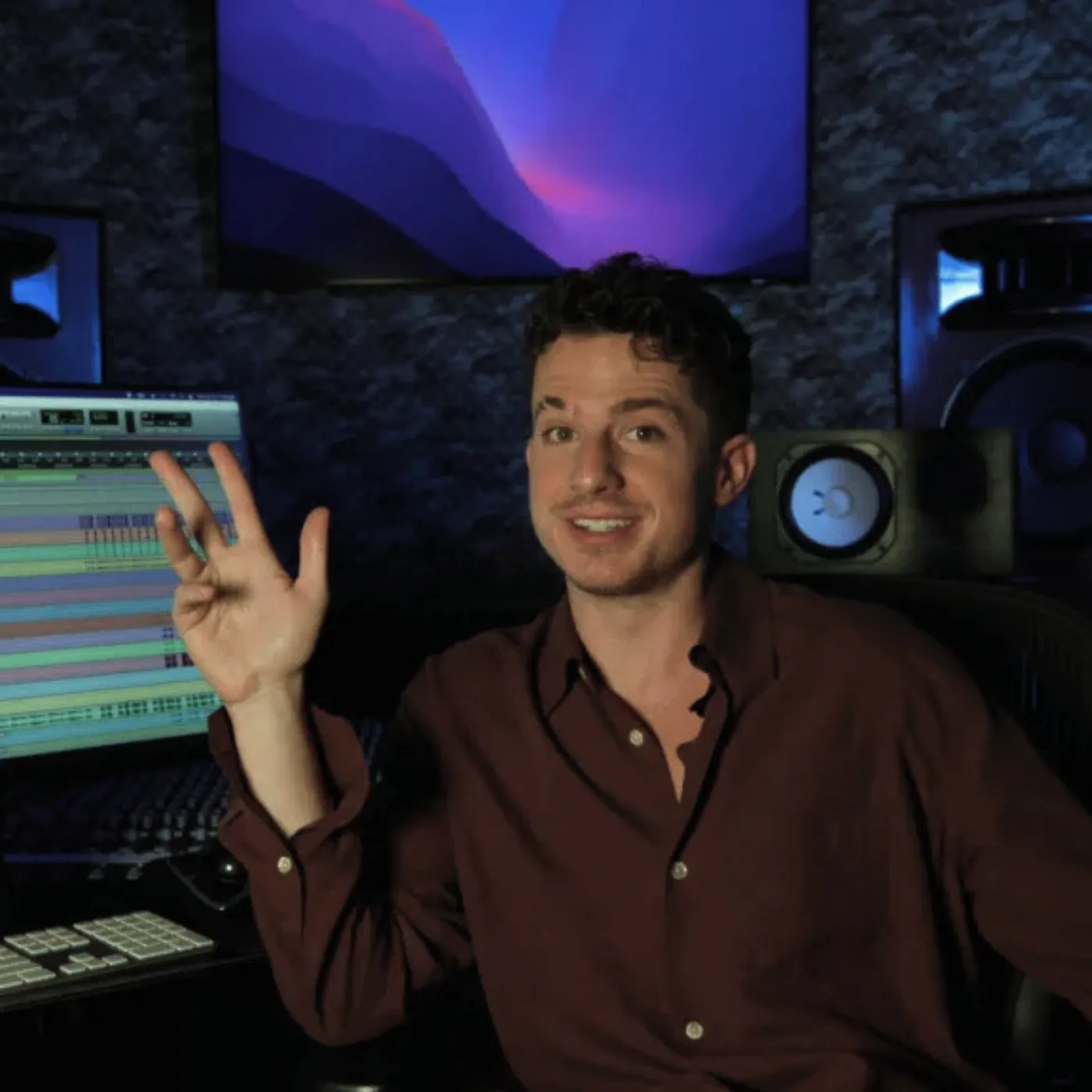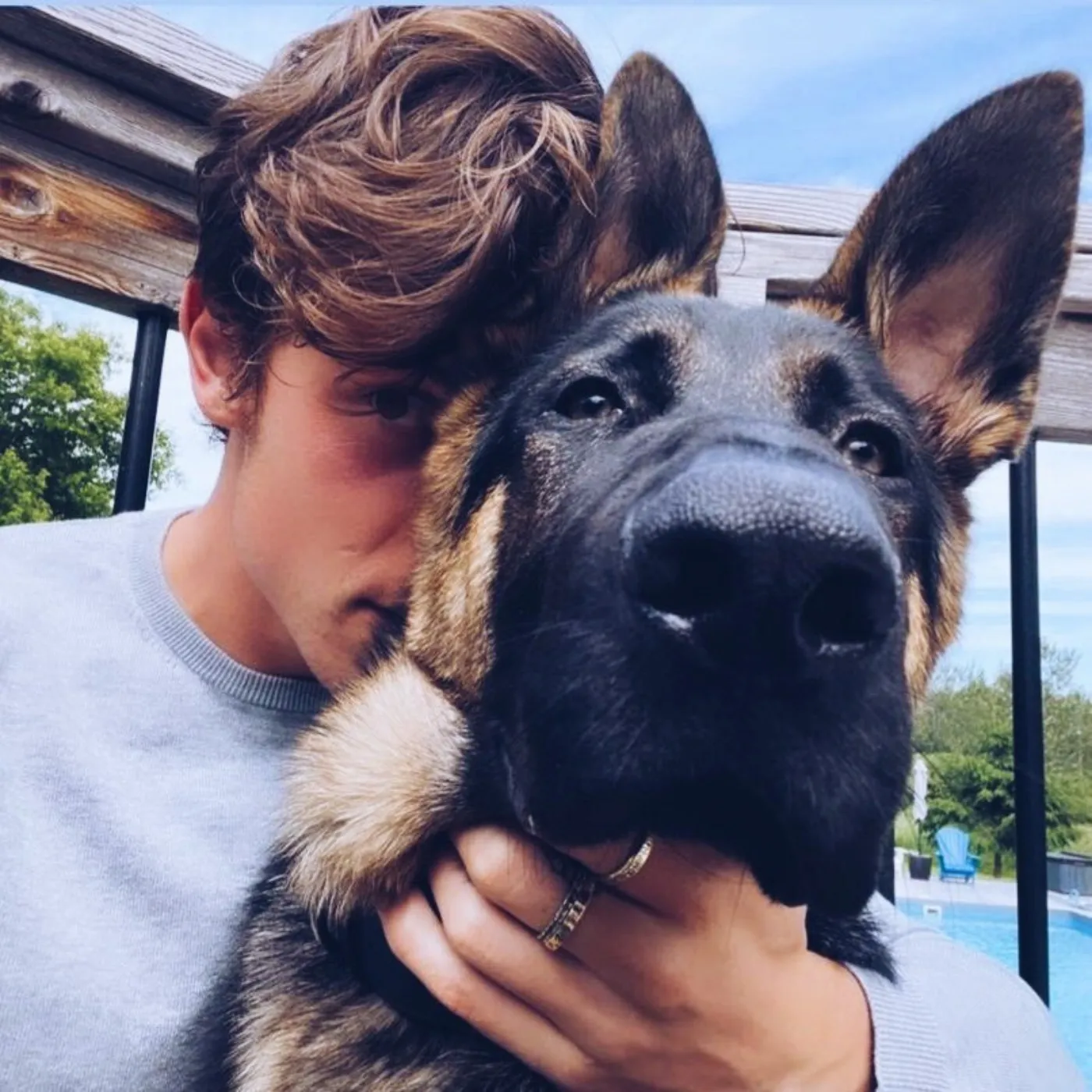Georgia Lawmakers Push Bill to Limit the Use of Lyrics in Court Cases Amid Young Thug Trial
A new Georgia House Bill 237 aims to establish stricter courtroom standards regarding the use of artistic works—including rap lyrics, visual art, dance, and other creative expressions—as evidence in criminal cases. This legislative effort follows the Young Thug RICO trial, which has become the longest criminal trial in Georgia’s history. Prosecutors in the case have heavily relied on song lyrics, tattoos, and social media posts to support their allegations, sparking a broader debate about whether such artistic expressions should be used as legal evidence.
Proposed Restrictions on Artistic Evidence

State lawmakers have introduced House Bill 237, which seeks to limit the use of creative works as evidence in criminal proceedings. The proposed legislation argues that lyrics and other artistic expressions should not be considered literal confessions, and it establishes strict criteria for when such material can be used in court.
According to WSB-TV, the bill states: “A defendant’s creative or artistic expression—whether original or derivative—shall not be admissible as evidence against that defendant in a criminal proceeding unless the court determines it is relevant and admissible, following an out-of-jury hearing or any other hearing the court may require, with the court’s findings entered into the record.”
This means that before prosecutors can introduce artistic evidence, they must first convince a judge that it meets certain legal standards. The bill outlines two key conditions that must be met before such material is admitted in court:
- Proving intent: Prosecutors must demonstrate that the defendant intended for the artistic work to be interpreted literally, as a personal statement or admission of criminal conduct. This means that simply referencing violence or crime in a song or poem would not automatically make it admissible evidence.
- Establishing a direct connection: The material must have a strong factual link to the specific crime being prosecuted. This prevents prosecutors from using vague or general references in lyrics or artwork as proof of criminal activity.
Impact of the Young Thug Trial on the Bill

The racketeering case against Young Thug and his alleged YSL (Young Slime Life) crew has been one of the most closely watched legal battles in Georgia’s modern history. Prosecutors have argued that YSL is not just a music collective but a criminal enterprise, and they have used Young Thug’s own lyrics, tattoos, and social media presence to support their claims.
This approach has been widely criticized by artists, activists, and legal experts, who argue that it sets a dangerous precedent, particularly for Black musicians and hip-hop artists. Critics contend that rap lyrics, much like film scripts, novels, or poetry, often involve fictional storytelling, exaggeration, and metaphor, and should not be treated as factual confessions of criminal behavior.
The Broader Debate on Artistic Freedom and Criminal Justice
The use of rap lyrics in criminal trials has been a contentious issue for years, with many arguing that it disproportionately affects hip-hop artists, compared to musicians in other genres. For example, while country or rock musicians frequently write about guns, violence, or drug use, their lyrics are rarely used against them in court.
Several high-profile artists and civil rights organizations, including the Recording Academy (Grammy Awards) and the American Civil Liberties Union (ACLU), have advocated for legislation to protect artists from having their lyrics used as evidence against them.
In 2022, California passed the Decriminalizing Artistic Expression Act, which places similar restrictions on using rap lyrics in court. New York lawmakers have also pushed for comparable legislation, though it has not yet passed. If Georgia’s House Bill 237 is approved, it could mark a significant step toward protecting artistic freedom and preventing potential racial bias in the legal system.
Safeguards for Artistic Works in Legal Proceedings

If passed, the bill would ensure that any permitted artistic evidence undergoes “careful editing” to remove irrelevant or prejudicial content before being presented in court. Additionally, jurors would receive “appropriate instructions” on how to interpret such material, ensuring that they do not assume every lyric or artistic expression is autobiographical or incriminating.
As of now, House Bill 237 has only been introduced and awaits further discussion. However, if enacted, it could serve as a landmark ruling in how artistic freedom, creative expression, and criminal law intersect—not just in Georgia, but across the United States.




Post Comment